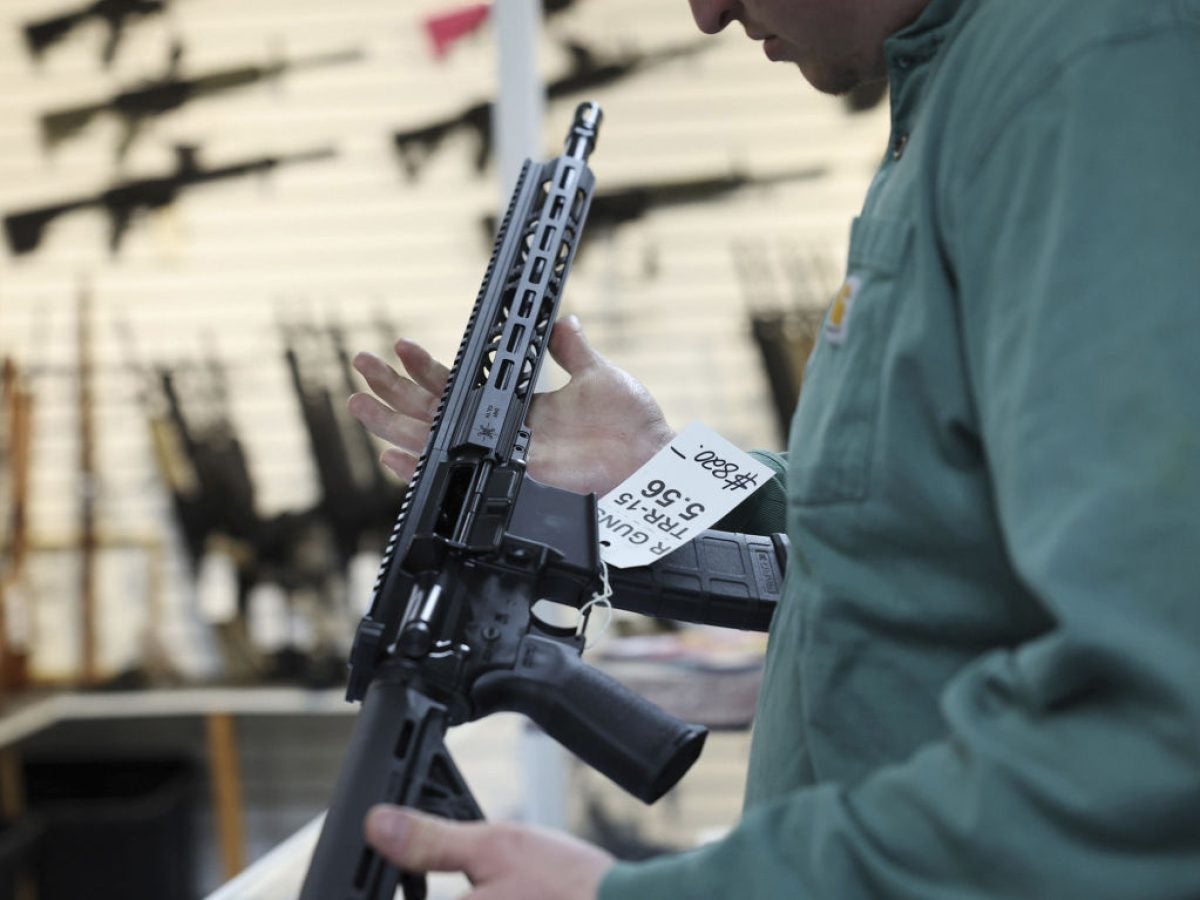
As mass shootings become an almost ever-present part of the news cycle, the Supreme Court is expected to issue a ruling on a case any day now which “could legalize assault weapons and high-capacity magazines in all 50 states.”
In the case in question, National Association for Gun Rights v. City of Naperville, a gun shop owner and a gun rights group have claimed that two Illinois statutes “violate the Second Amendment,” and now it’s on the shadow docket for the Supreme Court.
But what exactly is the shadow docket? In a nutshell, the high court takes cases on either the merit or shadow docket, and essentially every case you can name, i.e., Roe v. Wade, Brown v. Board of Education, was on the merit docket. While cases on the merit docket require the Court to consider briefs and hold oral arguments before the justices issue a lengthy opinion, “[c]ases on the on the shadow docket…typically do not receive extensive briefing or a hearing. The decisions are accompanied by little to no explanation and often lack clarity on which justices are in the majority or minority. They are sometimes released in the middle of the night, creating a sense of palace intrigue.”
Of note, the last contentious shadow docket ruling by the Supreme Court was in Dobbs v. Jackson, which overturned Roe v. Wade.
Currently, ten states have bans in effect that bar assault weapons, but a ruling in favor of the plaintiffs would “render those laws unenforceable.” This would also mean that Congress could also not “ban assault rifles or high-capacity magazines.”
Illinois did submit a brief on Monday in favor of the state law being Constitutional, arguing “By prohibiting the manufacture and sale of weapons and magazines increasingly used in the deadliest mass shootings, the Act comfortably fits within this pattern of regulation in response to new forms of violent crime perpetrated with technologically advanced weapons.”
But pundits expect the ruling to be negative with Brett Kavanaugh now installed as a justice. In 2011, a federal appeals court narrowly upheld D.C.’s assault weapons ban “over the dissent of an up-and-coming right-wing judge named Brett Kavanaugh” in District of Columbia v. Heller.
In Kavanaugh’s dissenting opinion in Heller, he “reasoned that semiautomatic rifles are neither more dangerous than lawful weapons such as handguns, nor are they especially unusual — among other things, he argued that at the time of his opinion, ‘about two million semi-automatic AR-15 rifles have been manufactured.’”
Although AR-15s are not assault weapons, they are included in the types of guns banned by state laws.
After Justice Amy Coney Barrett’s appointment to the court, Republicans now have a supermajority; however, Barrett has expressed concerns over the high court making too many decisions via the shadow docket, so there is some hope that the court could delay making a final decision on the Naperville issues, but that would only be a temporary stay.